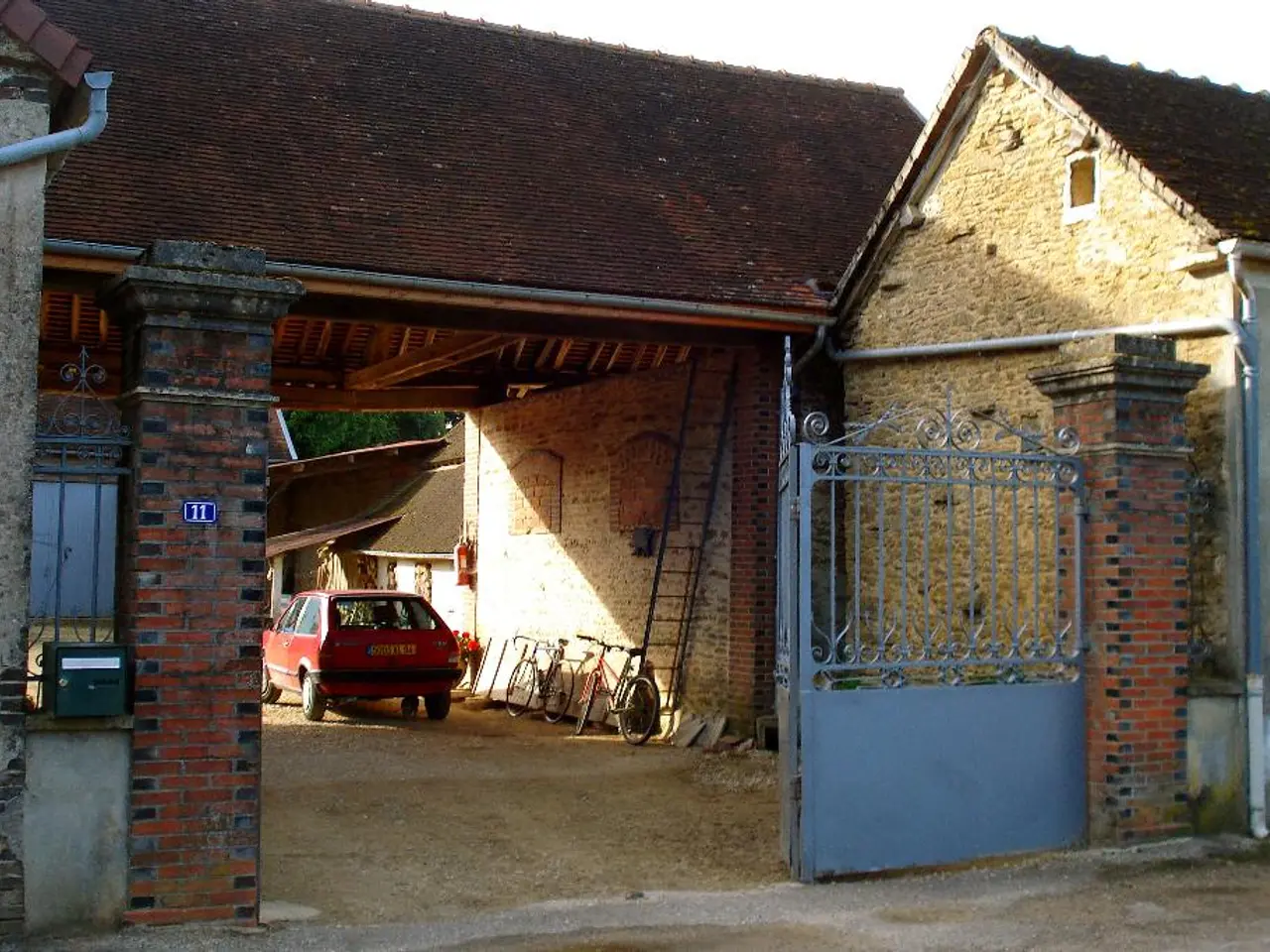Final Event and Accomplishments in BEST4Hy's Hydrogen Fuel Cell Recycling Project, Marking the Project's Completion
The BEST4Hy project, a research initiative focused on developing innovative solutions for recycling and recovering materials from end-of-life (EOL) hydrogen technologies, has made significant strides in its mission. The project held its final event, marking the culmination of its work, and highlighted the high industrial interest in the topics of recycling and materials recovery from hydrogen technologies.
Key Achievements
- Advanced Recycling Processes: BEST4Hy has developed novel, sustainable recycling methods tailored to efficiently recover critical materials such as platinum group metals (PGMs), membranes, and other components from spent fuel cells and electrolyzers.
- Circular Economy Enablement: The project has demonstrated processes that enable the circular economy for hydrogen technologies by minimizing waste and reducing the need for primary raw materials, thereby lowering environmental impact and costs.
- Material Recovery and Reuse: Successful recovery of high-value materials with a purity suitable for reuse in new hydrogen technology manufacturing, contributing to resource efficiency and supply security.
- Integration of Digital Tools: Implementation of digital tracking and sorting technologies to optimize the classification and dismantling of EOL hydrogen devices, increasing the efficiency and economics of recycling operations.
- Sustainability and Environmental Impact Assessment: Comprehensive life cycle assessments (LCA) have been performed, showing the environmental benefits of recycling hydrogen technology components compared to primary production.
Future Plans
- Scaling Up Recycling Technologies: BEST4Hy aims to further develop and scale up the recycling processes from laboratory and pilot levels to industrial-scale applications, facilitating commercial adoption.
- Expanding Material Recovery Scope: The project plans to broaden the range of recoverable materials and improve methodologies to achieve higher recovery rates and further reduce losses.
- Collaboration with Industry Stakeholders: Strengthening partnerships with manufacturers, recycling companies, and policymakers to integrate BEST4Hy solutions into existing value chains and regulatory frameworks.
- Enhancing Policy Support and Market Uptake: Working on policy recommendations and market mechanisms that encourage recycling and circularity in the hydrogen technology sector.
- Innovation in Design for Recycling: Promoting design changes in future hydrogen technologies that facilitate easier disassembly and material recovery at end-of-life stages.
The BEST4Hy project represents an important step towards devising a sustainable hydrogen supply chain. The project, which collaborated with IMDEA Energy, coordinator of eGHOST and SH2E EU projects, has resulted in two patent applications and a number of publications and participations in high-level conferences.
The final event, organized by Hensel Recycling and IDO-Lab in Aschaffenburg and Karlstein am Main, Germany, was a fruitful moment of knowledge exchange on the sustainability of hydrogen technologies. The recovered materials can be directed towards both closed loop recycling (remanufacture of cells) and open loop recycling (other value chains, including batteries).
Ilaria Schiavi, Project Manager at Environment Park and BEST4Hy coordinator, made statements during the event, highlighting the project's significant progress with respect to the state of the art in EOL strategies under a life cycle approach. Discussion with attendees revealed high industrial interest in the topics of recycling and materials recovery from hydrogen technologies.
The experience gained by the companies participating in BEST4Hy is opening up interesting business opportunities. Low environmental impact processes have been established for the recovery of platinum, ionomer, and rare earth elements/critical raw materials, besides PGMs. The BEST4Hy Consortium has made significant progress in recovering important materials from End-of-Life (EoL) fuel cells.
Overall, BEST4Hy contributes significantly to making hydrogen technologies more sustainable and resource-efficient by closing the materials loop and enabling circular economy principles in the hydrogen sector.
- The BEST4Hy project, in collaboration with environmental-science and technology, has made significant advancements in the development of hydrogen fuel cells, specifically focused on sustainable recycling processes that efficiently recover critical materials from spent fuel cells and electrolyzers.
- The project's achievements underscore the importance of finance and industrial-interest in the sustainability of hydrogen technologies, showcasing the high potential for reducing waste, lowering environmental impact, and increasing resource efficiency.
- Looking ahead, BEST4Hy plans to integrate digital technology and innovation in design for recycling, expand material recovery scope, and collaborate with stakeholders from the science, industry, and environmental-science sectors to drive commercial adoption and policy support for sustainable hydrogen technologies.



